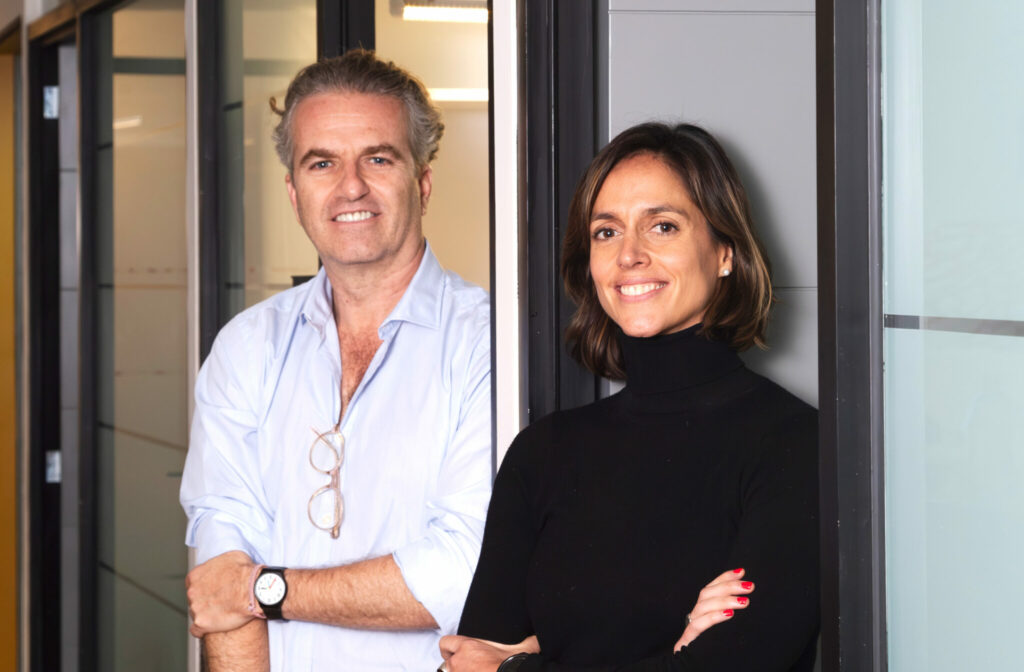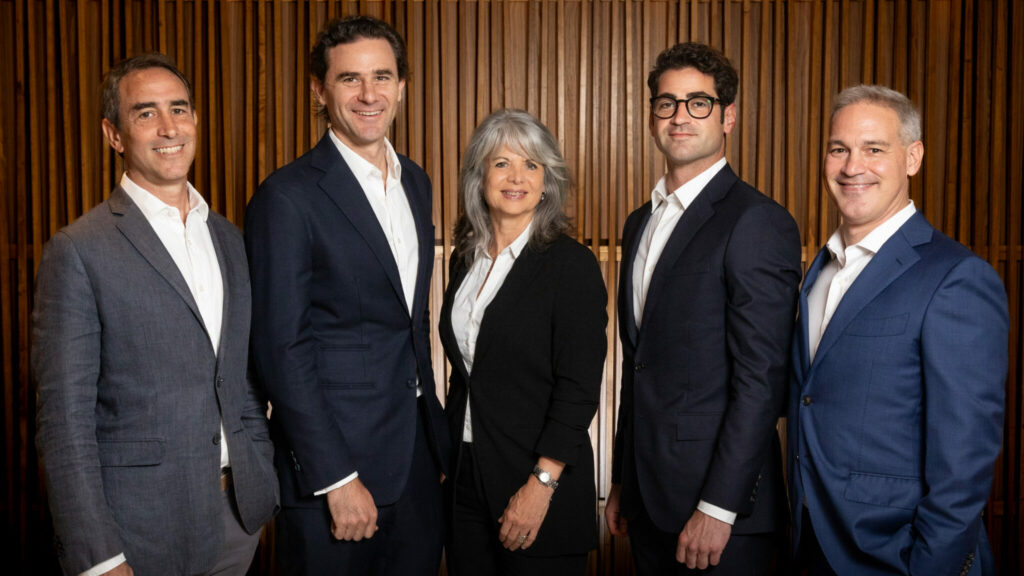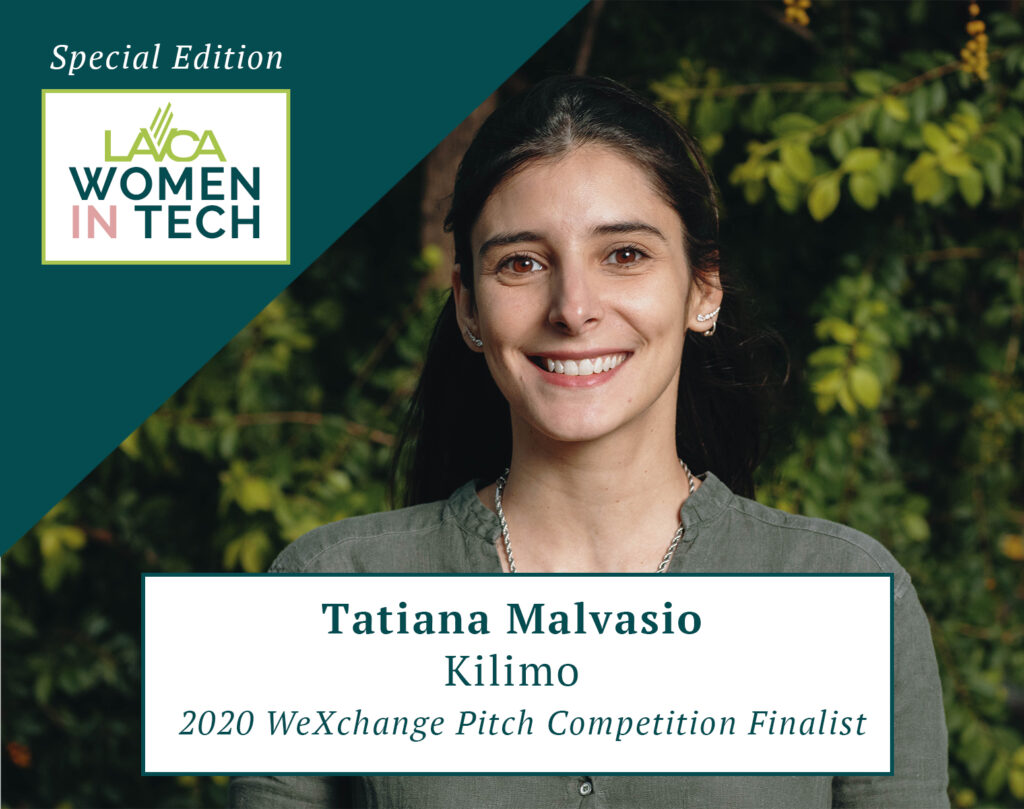Entrepreneur Profiles
Entrepreneur Profile: An Interview with Natália Monteiro, Zuggi
22 September 2011

Natália Monteiro, CEO of Zuggi chatted with LAVCA about the journey of her start-up and what a Brazilian entrepreneur is learning in Chile.
 LAVCA: Tell us a little about Zuggi.
LAVCA: Tell us a little about Zuggi.
Monteiro: Imagine your seven-year-old daughter using the Internet to do her homework. How would you feel if she found inappropriate content? Isn’t that terrible? Thinking about this challenge led us to develop Zuggi. Zuggi is the first safe search engine for kids in Latin America. As an educational web platform and a learning tool, its function is to empower kids to perform their search on various subjects, arousing their curiosity and willingness to learn, while keeping them in a safe environment.
LAVCA: What is your professional/educational background? How did you come up with your business idea?
Monteiro: I have a bachelor’s degree in Business Administration from ESPM (São Paulo/Brazil) and I also have an Extension Certificate in Global Operations Management from University of California, Irvine. During my studies I also gained some work experience at a multinational company and a consulting company where I worked with sales and finance. After those experiences, I realized that I would like to be an entrepreneur and in late 2008, I started my own company.
At that time, I didn’t know exactly what I was going to create. However, I was really motivated to create an innovative company. I started looking for products for kids in the United States and realized how big the difference was among the offerings compared to Brazil and Latin America as a whole. As a result, we did market research to find the best type of web product which would fit the Brazilian educational market demands and came up with Zuggi, which is now expanding to all Latin America countries.
LAVCA: What sort of financing have you received thus far? From whom?
Monteiro: We’ve raised about US$120,000 through two government programs that were either no-equity or no-debt. In 2010 I raised seed money from a Brazilian Government Agency (FINEP) through a program called PRIME that supports startup companies to develop innovative businesses. It was a one year program and the money was used to hire people and consulting companies. Then, this year, Zuggi was selected as part of the Startup Chile Program and received funding from the Chilean government.
In addition, I have also received investment from Brazilian angel investors: Marcelo Amorim, Kleber Stroeh and Laerte Chagas Sabino.
LAVCA: How did you weigh the option of taking on debt financing versus equity financing?
Monteiro: In my time running a startup what I tried to avoid was the debt financing, particularly in the beginning. First, it is difficult for a startup company to get money from banks or other institutions. Secondly, it is really hard to start the business with debt. You don’t know when you are going to succeed or if it is going to happen! Equity financing is good when it also comes with knowledge, a network, experience and a time commitment from the investors. In our case, these additional benefits of our angel investment really mattered since the amount is not as large as a venture capital investment. The expertise and insight are the things that are making the difference to grow Zuggi.
LAVCA: You mentioned that you’ve just launched a paid version of Zuggi for schools. Can you give us some more details on your revenue model? How do you project profitability?
Monteiro: We have a special platform for educational institutions that help them implement online research in their educational program. Our four-step methodology helps teachers orient students with brainstorming, selecting the best content, organizing online knowledge and summarizing what they have learned. This is our annual license for schools that is one part of our revenue model. The other part will come from parents that are interested in online safety for their kids with a new product that will be launched in the beginning of 2012. Since we work with a lean model, our break-even-point is not that far away. Therefore, we plan to be profitable in less than one year.
LAVCA: What feedback have you received from investors about where to make improvements in your business model?
Monteiro: The most important one was to adjust the product to address the needs of schools while continuing our marketing efforts to attract final users. This B2C and B2B business model strategy was built together with our investors. We all know that raising users one by one is a difficult task, so our strategy was to launch a free version of our platform to attract users, and then launch a product for schools. Our final step will be the family oriented products that are coming soon next year.
LAVCA: What is your most pressing strategic challenge right now? Will you be looking for additional financing?
Monteiro: Although we are growing every day, our challenge is to raise the number of Zuggi users and this is where we are putting our efforts from now to the end of this year. We have already tested our product last semester and we are still working on some adjustments, but by the end the year we are going to be ready to enter the scale phase. To achieve rapid growth in Latin America, we will be analyzing venture capital offerings in the coming months.
LAVCA: You were selected as part of the Start-up Chile program this year. How has the program helped you (both personally as an entrepreneur and the startup as a whole)?
Monteiro: The most important value is the connections that we are building, both with other entrepreneurs that are part of the program and with the outside community. In the first case, I can tell you that we have found a synergy with some other companies that are participating in the Startup Chile Program (Agent Piggy and Schoooools) and we are helping each other to build our products and to implement them together, first in the Chilean market, and then in all other countries in Latin America. In the second case, what we are experiencing here is that we have all the contacts that we need to grow our businesses and lots of facilities and open doors just because we are part of this amazing program.
Personally, I would say that this is one of the most relevant experiences in my life and I’m really glad to be here and to learn everyday with this incredible group of people that for some reason were gathered together here in Chile in 2011,
LAVCA: Where do you see Zuggi five years from now?
Monteiro: Five years from now I want to see that we’ve made a positive impact on education. Using technology tools today is a difficult task for schools, and we definitely want to have helped to change this in five years. Besides that I want to see Zuggi in every child’s life making them laugh and learn. And I also want to see our company full of happy and talented employees thinking ahead with innovation and growth in mind.
LAVCA: Now that you’ve been a part of both the Brazilian and Chilean entrepreneurial communities, what do you think are the 2-3 biggest challenges for Latin American entrepreneurs? Any advice for those just starting out?
Monteiro: The first challenge is obviously localization. We have to offer the same product in each Latin America country but each one of them is completely different. Therefore, the challenge is to be in all these countries without being a stranger but part of the culture. The second challenge is connection. It’s not a challenge unique to an entrepreneur, but a challenge to the whole ecosystem. Connecting initiatives like Startup Chile with similar ones in other countries will make our companies, countries and continent stronger than without this integration. This is the challenge for all of us, and I’m committed to build something in this way.
The advice for a starting entrepreneur is to think in at least three languages from the beginning! The Zuggi Spanish and English versions are about to be launched.
You may be interested in...
-

Is AI a Thing in Latin America? In Conversation with Hi Ventures
LAVCA sits down with Hi Venture to discuss their evolving thesis and vision for...
-

The Future of B2B Startup Investing in LatAm: In Conversation with NXTP
NXTP Ventures recently reached a USD98m final close for NXTP Fund III, its third...
-

A 20-Year Journey: An Interview with Technisys CEO Miguel Santos
Company: Technisys Investors: KASZEK, Dalus Capital, Riverwood Capital Interview...
-

Satellite Analytics & Irrigation Systems: Interview with Kilimo COO Tatiana Malvasio
Company: Kilimo Investors: NXTP Ventures, Alaya Capital, The Yield Lab, Xpand...